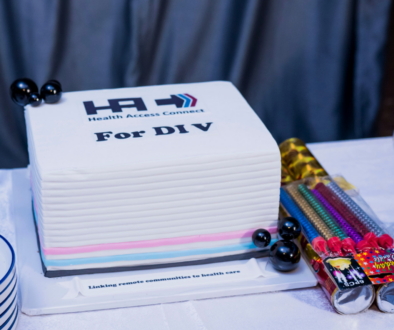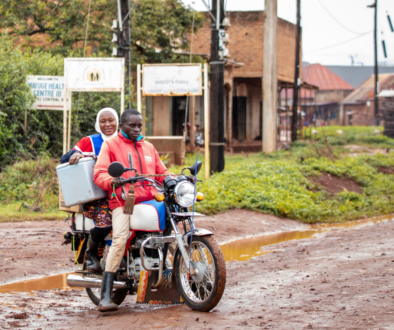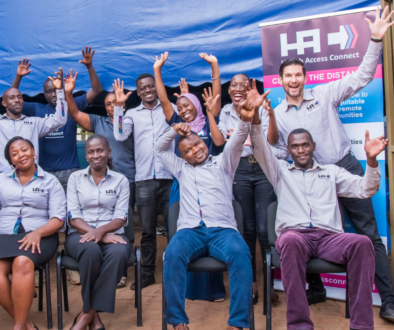Linking Remote Communities to Healthcare
“People had developed a tendency of refusing to go for treatment because of the distance to the health centre. Right now, we are relieved from the long lines at the public health centers. Even the number of people who seek treatment has increased,” John Baptist Lubega, a community member of Kisomole village, Rakai district commented.
Currently, travelling the long distance to the public health centre sounds like history to John and his community. But, to thousands of Ugandans living in remote areas, it is still a norm. They fail to access health services simply because of the expense and difficulty in traveling from their community to the nearest government health facility. “The minimum someone can spend in travelling from here to the nearest public health centre is 15,000 shillings ($4.05),” Luswata, one of the community members revealed.
It is for this reason that Health Access Connect (HAC) was founded in 2014. Upholding its mission to link remote communities to healthcare, HAC realised that health workers can no longer wait for patients in remote communities to reach the health facility – we must bring the health facility to the villages. “Members of the community could approach me and truthfully explain how they would love to access these health services but the long distance to the hospitals limited them. Before HAC came into this community, we had a pregnant mother in labour who passed away while on her way to the hospital, they hadn’t checked her, she didn’t give birth, she just died!” Karen Kirabo, one of HAC’s community health workers in Rakai District, revealed.
After this realization, it is then that Health Access Connect introduced its Medicycles outreach clinic model which is designed to encourage self-reliance in remote communities. This is in such a way that the members of the communities take full ownership and responsibility of their access to healthcare. “We start with a radical idea: remote communities are actually rich! We help our communities to use existing resources, for example public sector health workers, medicine, and motorcycle taxis to meet a pressing need: the lack of access to healthcare in remote areas,” Kevin Gibbons, Executive Director of Health Access Connect said.
All the services that are offered during the HAC outreach clinics are free since they are provided by government health workers. After the one day outreach clinic, health workers return on at least a bi-monthly basis to ensure continuity of health care.
With this, HAC is steadily building a reputation in the communities it serves as an organization capable of sustainably linking existing healthcare services to even the most remote and vulnerable patients. “We thank Health Access Connect and all their workers in Rakai district for the service they render to us in bringing health services to our villages. We thank the director of that organization for the great role he has played in Uganda,” John appreciated.
At the moment, Health Access Connect is working in over 40 villages and, with the donations received from #GivingTuesday, we hope to expand our operations to more communities that are too isolated to access essential services.



